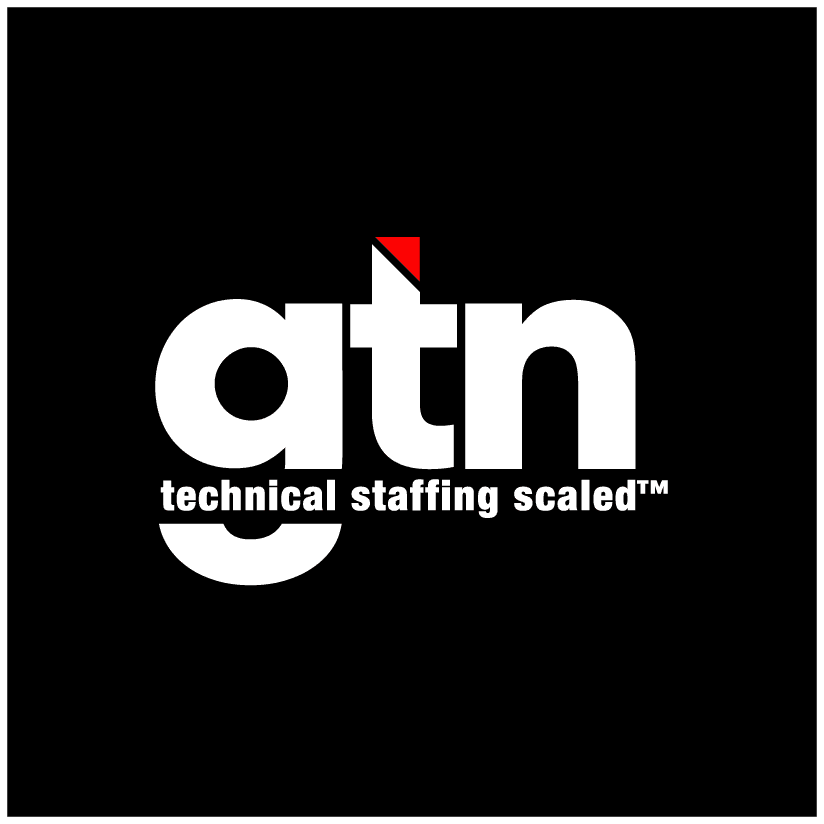According to the Bureau of Labor Statistics (BLS), the software career rate is expected to grow by 24% through 2026. So, being in this field is a brilliant career move that you have made. But you may now be wondering where to go next? What is the best move for you to further your software career? The good news is whether you’ve been in the software field for a few years or a few decades, there is a path for you!
Are you ready to dive in?
Now, one question you may be asking yourself while deciding where to go next in your career is: Do I need a master’s degree?
Some companies may prefer a master’s degree, but it is not always or even usually required. The best thing to do would be to research your dream company or dream job to see what they may want or need. Remember, you can always go back later to obtain an advanced degree, and often your IT experience is the most significant factor in moving you up the software career path line.
No matter where you are in your software career path, though, a couple of things are important to keep in mind. It is important always to have a strong background in programming and throughout your whole career, you will want to keep up to date on new tools and computer languages. The more knowledge and experience you have, the greater you can and will be set apart for future employment. Lastly, any skills and knowledge that are specific to the industry you are interested in going into. For example, if you want to do software developer work in the banking industry, it’d be good to have a basic understanding of financial principles.
Now, let’s define the two groups under Software Career: Software Engineers and Software Developers. Which one are you? Do you want to switch? Do you even know the difference?
Well, it’s kind of like the Square-Rectangle relationship where all squares are rectangles, but not all rectangles are squares. Many software engineers are involved with software development in the software case, but few software developers are engineers.
So what is the difference?
The main difference between software engineering and software development is the job function. Software engineering applies engineering principles and techniques to software systems. Software engineers design, develop, and improve upon computer programs that we use today. Software engineers participate in the software life cycle all the way through connecting a client’s needs to available solutions. While part of that life cycle involves software development, it’s just part of the process, not the engineers’ main focus. That’s where software developers come in.
Software developers are the driving force behind creating software and computer programs and are responsible for the entire development process. They collaborate with clients to create a theoretical design, and then take leadership on the project working with computer programmers to code and get the software running properly.
Now, let’s delineate a Software Career Path. The great thing about the field of software is that there are so many directions you can take your career and so many options to explore. This is a broad overview of a software career path to give you some direction as to where to aim next.
Related: Tech Headhunter Describes Trends for Women in IT Careers
Junior Developer
This is the starting position for any software developer right out of school, with little to no real-world programming experience. You’ll need a basic understanding of database and application services as well as the expected application lifecycle. If you’re already in your career though, you’re most likely past this level, so keep reading to find out where you could take your career next!
Software Developer, Sr. Software Developer
Next comes the senior developer level, sometimes denoted just as a software developer. The main difference between the junior and senior levels is the amount of experience. Senior developers have a thorough understanding of software concepts and several years of programming experience and an ability to write complex code. They are also proficient at creating entire applications.
For those software developers who love to write code and are not interested in management positions, you may spend several years or even your entire software career in this position. However, just because you stay at this “senior” level does not mean that you are stuck doing the same job for the next 25+ years. You can always move to bigger companies (say Fortune 2000). Plus, each company’s senior developer role will be a little different scope-wise so don’t worry, you’re not stuck doing the same thing throughout your career just because you don’t want a management position.
But for others of you, this senior level can be a jumping-off point to management positions, including lead developer or chief technology officer (CTO) of a startup. If you’re looking to be a CTO of a large company, keep reading for your path.
Lead Developer, Technical Architect
Lead developers will have many years of experience although they have about the same technical abilities as senior developers. What sets these lead developers apart is their ability to conceptualize, plan and build software to solve complex problems. They will coordinate work and implement decisions while still writing code, and this position is often seen as a transitional role to a mid-level manager position.
The difference with technical architects is that while they will still occasionally write code, an architect’s primary responsibility is designing complex systems that other developers will then carry out. Lastly, an architect is a technical position and usually not a transitional role. Technical architects are often considered the highest position on the technical career ladder.
Development Team Lead, Software Development Manager
Finally, getting into management, these titles are pretty common manager positions. Within any of these management positions, there are different levels:
- Managing large-scale projects
- Managing teams of developers
- Hiring and firing developers
No matter which level(s) you end up working at, these positions are mid-level management–handling and overseeing workflow and productivity while reporting to senior leaders or managers. A good software development manager at this level will have great people skills as well as the ability to handle conflicts.
Director, VP, Chief Technology Officer (CTO)
Last, but not least are senior-level management positions. They often oversee the work of other managers (mid-level) and may have some responsibility for setting strategy and corporate direction. These senior-level management positions also make executive-level decisions that may include thinking of long-term strategy, setting goals and initiatives, and holding other departments accountable.
Now that you have seen a typical software career path hopefully you have a good idea of where you stand and what your options are going forward. So the question now becomes…
Are you ready to take the next step forward in your career path?
Are you ready to find your next career move?
If so, start your search with GTN or let us know how we can help!
More Reading
Computer Science Career Outlook for the Future
Follow GTN for Technical Career Advice
Did you enjoy this article? If so, please follow GTN on Facebook or Linkedin for advice and tips to advance your IT career in Dallas or nationwide.
Visit our Facebook page.
Visit our company’s Linkedin page.
Follow our VP Jim Bright on Linkedin who posts regularly.
Learn more about our technical staffing agency services.
Contact Us
Our recruiters are always available to assist you.
Call or send us an email today.






